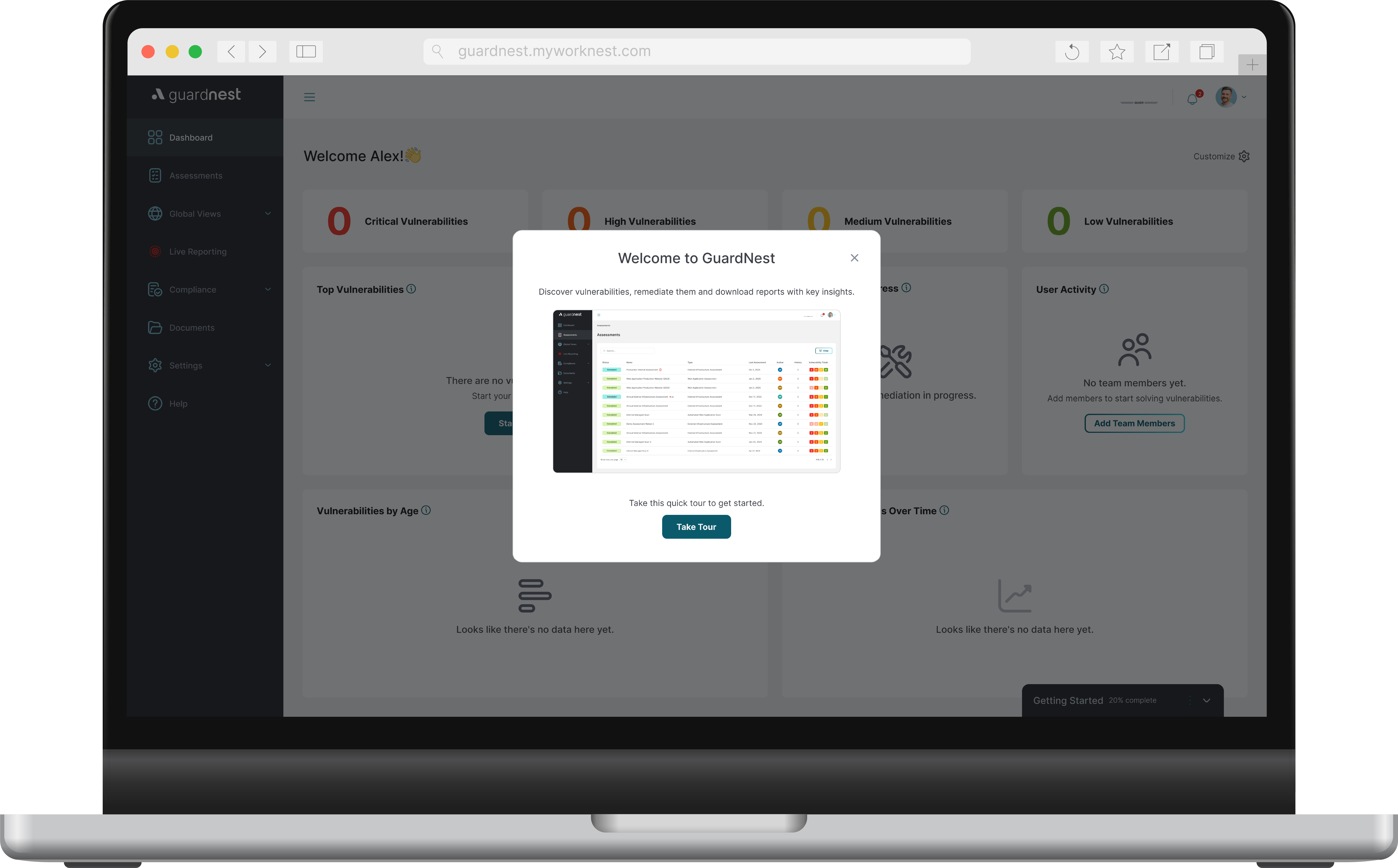Key Reasons Why Penetration Testing For Mobile Apps is Crucial for Enterprises


What is Mobile Applications?
Mobile applications, commonly referred to as mobile apps, are software programs designed to run on mobile devices such as smartphones and tablets. These apps can provide users with a wide range of functionalities, from social networking and entertainment to productivity and e-commerce.
With the rapid growth of mobile technology in recent years, businesses have increasingly turned to mobile apps as a way to connect with their customers and streamline their operations. Mobile apps have become an integral part of the digital ecosystem, offering a convenient and efficient way for users to access services and information on the go.
Why You Need Mobile App Security Testing For Your Business
In today's technology-driven world, mobile apps have become an essential tool for businesses to connect with their customers. However, with the increasing number of cyber threats and data breaches, it is crucial for businesses to prioritise mobile app security testing. By implementing robust security measures, businesses can ensure the protection of sensitive customer data, maintain a reputation for reliability and trust, and comply with industry regulations.
This article will explore the importance of mobile app security testing for businesses and how it can safeguard against potential security threats. We will also discuss the key benefits, best practices, and the role of professional security testing services in ensuring the integrity and security of mobile applications.
5 Reasons Why Mobile App Security Testing Is Crucial for Enterprises
Mobile app security testing is crucial for enterprises for several reasons. The increasing number of mobile cyber breaches highlights the urgency for robust security measures. The high cost of security breaches is another driving force for enterprises to invest in mobile app security testing, as the financial implications of a breach can be significant. Moreover, mobile application security testing plays a pivotal role in preventing and reducing security vulnerabilities, which are often exploited by cyber attackers.

1. Prevent future attacks by guessing the behaviours of attackers and anticipating their moves
Guessing the behaviours of attackers and anticipating their moves is crucial in preventing future attacks. By understanding how potential attackers might approach a system or network, security measures can be strengthened to defend against these tactics proactively. This proactive approach is essential in staying one step ahead of cyber threats.
2. Going live with the new mobile application without excess worry about security risks
Before going live with a mobile app, it is crucial to ensure its security through a series of mandatory technical and user acceptance testings. This involves thorough testing of the app's code, backend systems, and user interface to identify and address any potential security vulnerabilities. Adopting a security-first approach means integrating security measures at every stage of the app development process. Meeting operational requirements without introducing security risks involves implementing proper authentication, data encryption, and secure communication protocols.
3. Change the architecture such as network, components of the mobile application if necessary
After conducting security testing on the mobile application, if vulnerabilities are discovered, it may be necessary to change the architecture, network, and components. This can involve making modifications to the code, infrastructure, and third-party services to address any security issues.
To change the architecture, the network may need to be reconfigured to enhance security measures such as implementing stronger encryption protocols, firewall settings, and network segmentation. Components of the mobile application may need to be redesigned to incorporate additional security features or to remove any vulnerable elements. This may involve updating libraries, frameworks, or third-party APIs to ensure they are secure and up to date.
4. 3rd-party vendors are unfamiliar with enterprise IT environment and specific enterprise security standards and compliances
Working with third-party vendors who are unfamiliar with enterprise IT environment and specific security standards and compliances can pose several challenges. These vendors may not fully understand the unique security requirements of an enterprise, leading to potential vulnerabilities and non-compliance with industry regulations. This lack of understanding may result in the development of mobile apps that do not meet the necessary security standards, putting sensitive enterprise data at risk.
Conducting mobile app security testing is crucial in such scenarios to ensure compliance with industry security standards and regulations. This testing helps identify any potential security flaws and ensure that the mobile app meets the necessary security requirements before it is deployed within the enterprise IT environment.
To mitigate the risks associated with third-party vendors lacking knowledge of enterprise security standards and compliances, key steps include clearly communicating the specific security requirements, providing detailed security guidelines, and offering training and support on enterprise security standards. Additionally, regular security audits and continuous monitoring of the vendor's work can help ensure that the mobile apps meet the necessary security standards.
5. Know the skills and experience of the app development agency that builds your mobile applications
Know is an app development agency with extensive experience in implementing robust security measures for mobile applications. Their team of developers has in-depth knowledge of secure coding and encryption techniques to protect sensitive data within the app. They have a proven track record of conducting thorough security assessments and testing to identify and address potential vulnerabilities.
Additionally, know has forged partnerships with leading security companies to leverage their expertise in advanced threat detection and prevention. This enables the agency to stay updated with the latest security protocols and best practices, ensuring that the mobile apps they develop are well-protected against cyber threats.
Conclusion
In conclusion, penetration testing for mobile apps is crucial for enterprises to identify and address security vulnerabilities that could potentially compromise sensitive data and put the organisation at risk. By conducting thorough security assessments, enterprises can proactively enhance the security of their mobile applications, mitigate potential threats, and ensure compliance with industry regulations.
Changing the architecture, network configurations, and components of the mobile application as necessary can help strengthen security measures and protect sensitive data. Additionally, working with third-party vendors who understand enterprise security standards and compliances, as well as partnering with experienced app development agencies like Know, can further enhance the security of mobile apps.
Overall, investing in mobile app penetration testing is essential for enterprises to safeguard their data, maintain compliance with industry regulations, and protect against cyber threats.
.png)









.svg)








.webp)


